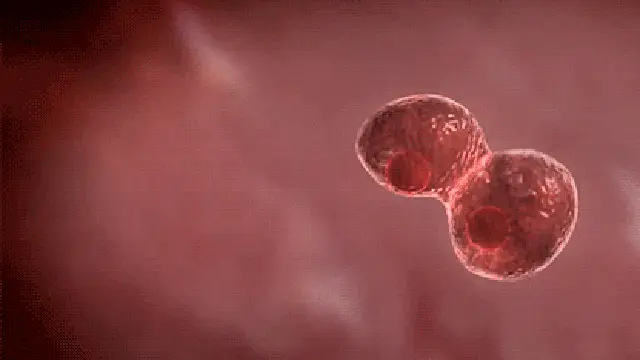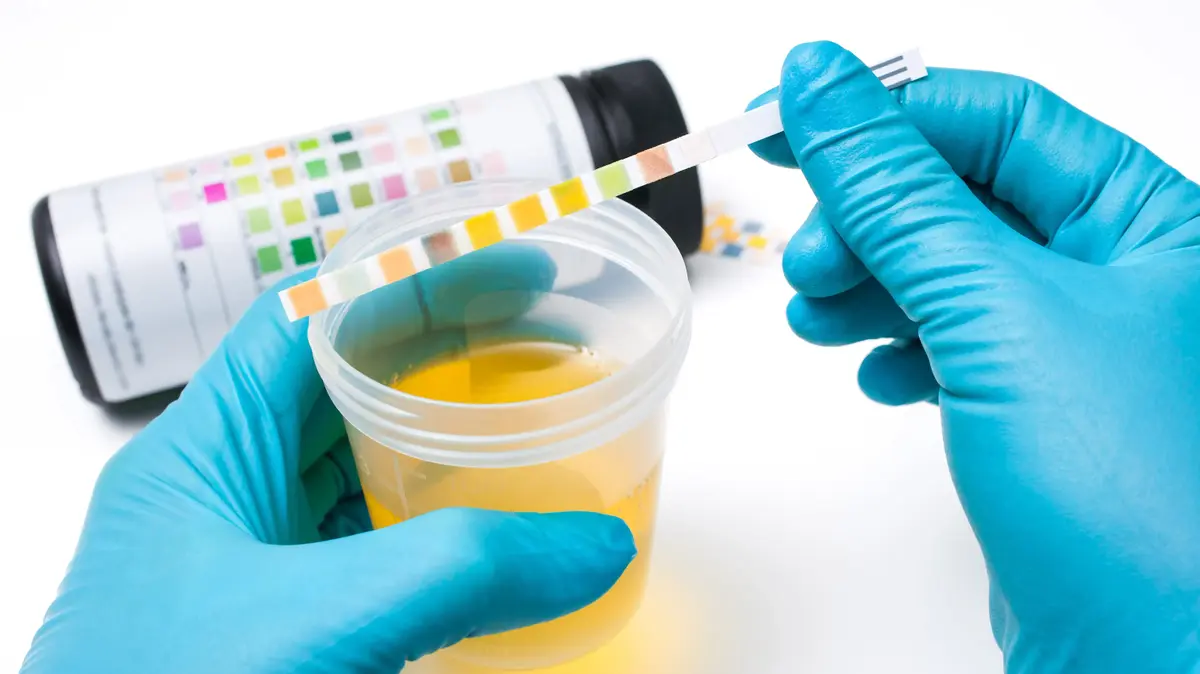Corona has caused a decline in early diagnosis of this cancer.
And it's dangerous
As awareness of fecal occult blood tests and colonoscopy increases, the incidence of colon cancer decreases.
The problem: In the last two years many people have ignored symptoms and postponed tests
Dr. Einat Shaham Shmueli
27/03/2022
Sunday, 27 March 2022, 07:27 Updated: 07:40
Share on Facebook
Share on WhatsApp
Share on Twitter
Share on Email
Share on general
Comments
Comments
Campaign on the Importance of Early Detection of Colon Cancer (Prevention Order)
Every year, about 3,000 new cases of colon cancer are diagnosed in Israel - the second most common cancer in men and women.
Early detection of the disease leads to high cure rates, and there are recommendations to perform screening tests for early detection from the age of 50: a stool test for occult blood every year, or one colonoscopy every 5 to 10 years.
As awareness of these surveys and their performance increases, we see a decrease in the incidence of cases and an increase in survival rates.
More on Walla!
Early detection: What are the early signs of colon cancer?
To the full article
In the last 15 years, we have witnessed in Israel, as in many countries around the world, a decrease in the incidence of colon cancer among the population over the age of 50, but at the same time we have witnessed an increase in the incidence of this disease among young people (under 50).
Therefore, in the United States the recommendation has been amended and the age of starting the survey is currently recommended 45.
It is important to know that in Israel every year about 300 new patients are diagnosed at the age of 40 and below. Diet composition, exposure to carcinogens, hereditary genetic factors.There are also theories linking the increase in incidence and frequent use of antibiotics or a change in the composition of bacteria in the gut (the microbiome).
Fewer people are tested, because of the corona
During the corona epidemic there has been a marked reduction in access and referrals to many medical examinations.
Various medical services were temporarily closed, and activity was reduced to urgent care only.
Also, a large manpower has been converted to treat Corona patients.
The uncertainty was great, and there were no clear guidelines as to what could be continued, and what should be postponed.
More on Walla!
It is the second most common cancer in Israel, but it can be prevented
Garlic and onions reduce the risk of colon cancer
The amazing mistake we have all made to date in buying a mattress for a bed
Data from the US presented at the ASCO GI conference in January 2022 show that with the onset of the pandemic, in early 2020, there has been a significant decrease in the rates of visits to oncologists, new patients and veteran patients already in treatment and follow-up. A colonoscopy (and also mammography) survey in the first months of 2020 compared to those months in 2019.
At the height of the epidemic, people simply ignored the symptoms.
A man suffers from abdominal pain (Photo: ShutterStock)
But not only were screening tests delayed, patients who had already reported suspicious symptoms (complaints such as blood in the stool, change in bowel movements or abdominal pain) were also delayed from having a colonoscopy for diagnosis.
The delay was on the part of the patient himself - fear of leaving the house, fear of getting infected during the examination, or delay on the part of the clinic during closing times, or due to a problem of manpower that was lacking due to isolation.
It should be noted, however, that in all hospitals in the country, throughout the days of the epidemic and even in the days of closure, life-saving oncology treatments and surgeries continued almost without interruption or delay.
Delay in the detection of cancer can cost a human life
For example, A. complained of bleeding in the ports at the beginning of 2020 and received a referral for a colonoscopy from his doctor.
The days were exactly after the first closure, so he voluntarily postponed the test to a later date.
Because the morbidity waves continued he performed the test more than half a year later and by then a tumor from stage 3 west lymph nodes had already been detected.
At the oncology clinic we come across patients who report that although they suffered from a worrying symptom such as prolonged rectal bleeding or a change in bowel movements, they refrained from going for a doctor’s examination and continued clarification for fear of being infected with corona during the tests.
Furthermore, even patients who had already received a recommendation and referral to perform a colonoscopy refrained from performing the test and postponed the appointment repeatedly until the morbidity subsided.
Sometimes such a delay, for many months, led to the diagnosis of the disease at a later stage, when the treatment was complex and the chance of cure was lower.
So now, in Colon Cancer Awareness Month, it's time to mention: even if another wave of corona begins, do not give up on early detection screening tests, and never ignore symptoms.
Dr. Einat Shaham Shmueli is the director of the gastrointestinal tumors unit at Sheba Hospital
health
My health
Doctor, what have I got
Tags
Colorectal Cancer
Colonoscopy
Blood in the stool
Corona






